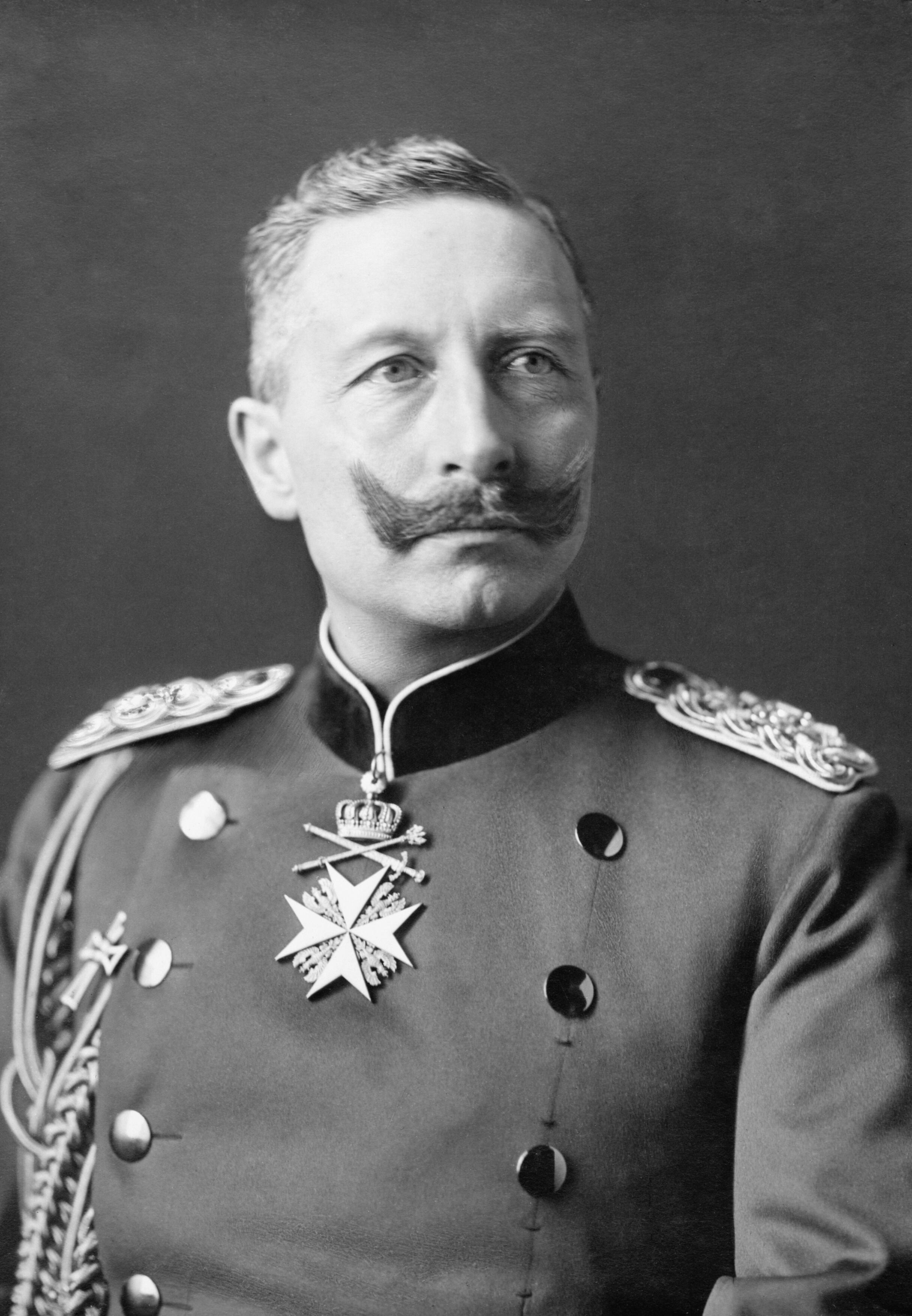|
Stinnes–Legien Agreement
The Stinnes–Legien Agreement () was an accord concluded by German trade unions and industrialists on 15 November 1918. Named after both parties' negotiators in chief, the heavy industry magnate Hugo Stinnes and the union leader Carl Legien, the agreement enshrined a set of workers' rights long coveted by the German labour movement. Among the stipulations of the treaty were the introduction of the eight-hour working day, the recognition of the trade unions as the official representation of the workforce, and the permission to form workers' councils in firms with more than 50 employees. Since negotiations had been caused by the prospect of millions of soldiers returning from the First World War, the agreement contained a clause guaranteeing them a right to their former employment. While the trade unions were able to realise many of their long-standing demands, they all but acknowledged the private ownership of the means of production. Background Towards the end of the First World ... [...More Info...] [...Related Items...] OR: [Wikipedia] [Google] [Baidu] |
German Trade Unions
Trade unions in Germany have a history reaching back to the German revolution in 1848, and still play an important role in the German economy and society. The most important labor organization is the German Confederation of Trade Unions (', or ''DGB''), which is the umbrella association of eight single trade unions for individual economic sectors, representing more than 6 million people . The largest single trade union is the IG Metall, which organizes about 2.3 million members in metal (including automobile and machine building), electronics, steel, textile, wood and synthetics industries. In 2022, half of all German workers were covered by collective bargaining agreements. In Germany, unions and employer associations bargain at the industry-region level. These large-scale agreements have broad coverage and lead to considerable standardization in wages and employment conditions across the country. Some bargaining occurs at the firm level. Current situation The G ... [...More Info...] [...Related Items...] OR: [Wikipedia] [Google] [Baidu] |
Council Of The People's Deputies
The Council of the People's Deputies (German: , sometimes translated as "Council of People's Representatives" or "Council of People's Commissars") was the provisional government of Germany during the first part of the German Revolution, from 10 November 1918 to 13 February 1919. Formed initially by three members each from Germany's two main socialist parties, it shaped the transition from the Empire to the Weimar Republic. The Council took over the functions of head of government (chancellor Friedrich Ebert served as chairman of the Council) and issued decrees in place of legislation ( Reichstag). In its first days, it introduced a number of important social reforms such as the eight-hour workday and universal suffrage that for the first time gave women the right to vote. Following the quick and almost bloodless collapse of the political system of the authoritarian Empire, the revolution became violent as it wrestled with the question of whether Germany was to become a soviet re ... [...More Info...] [...Related Items...] OR: [Wikipedia] [Google] [Baidu] |
German Revolution Of 1918–1919
German(s) may refer to: * Germany, the country of the Germans and German things **Germania (Roman era) * Germans, citizens of Germany, people of German ancestry, or native speakers of the German language ** For citizenship in Germany, see also German nationality law **Germanic peoples (Roman era) * German diaspora * German language * German cuisine, traditional foods of Germany People * German (given name) * German (surname) * Germán, a Spanish name Places * German (parish), Isle of Man * German, Albania, or Gërmej * German, Bulgaria * German, Iran * German, North Macedonia * German, New York, U.S. * Agios Germanos, Greece Other uses * German (mythology), a South Slavic mythological being * Germans (band), a Canadian rock band * "German" (song), a 2019 song by No Money Enterprise * ''The German'', a 2008 short film * "The Germans", an episode of ''Fawlty Towers'' * ''The German'', a nickname for Congolese rebel André Kisase Ngandu See also * Germanic (di ... [...More Info...] [...Related Items...] OR: [Wikipedia] [Google] [Baidu] |
November 1918
The following events occurred in November 1918: November 1, 1918 (Friday) * Liberation of Serbia, Albania and Montenegro (1918), Liberation of Serbia, Albania and Montenegro – The First Army (Serbia), Serbian First Army under command of Petar Bojović liberated Belgrade from the control of the Central Powers. * Following the establishment of the West Ukrainian People's Republic in Galicia (Eastern Europe), Galicia with the capital at Lviv, Lemberg, ethnic Polish residents opposed to the creation of the republic began an uprising in the city known as the Battle of Lemberg (1918), Battle of Lemberg, igniting the Polish–Ukrainian War. * Meuse–Argonne offensive – The final major offensive for the Americans and French against the Germans in France yielded the capture of Buzancy, Aisne, Buzancy near the Aisne (river), Aisne River and Le Chesne, Ardennes, Le Chesne near the Ardennes, Ardennes Forest. * The Regia Marina, Italian Navy Raid on Pula, attacked Austro- ... [...More Info...] [...Related Items...] OR: [Wikipedia] [Google] [Baidu] |


